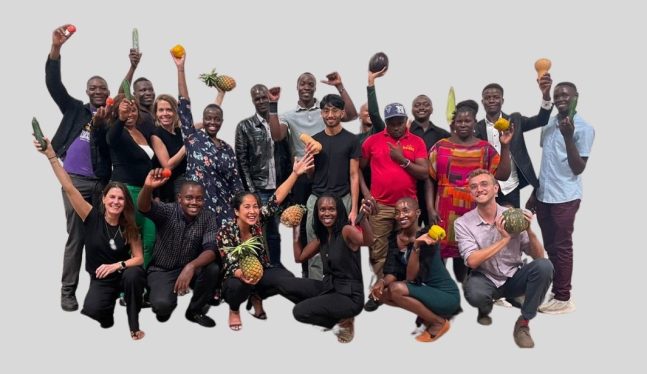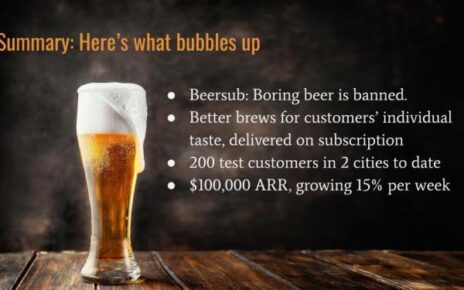The Growing Problem of Food Loss in Kenya and the Rise of Agtech Startups
Globally, it is estimated that one-third of all food produced is lost or wasted. In Kenya, this figure stands between 20% and 40%. However, unlike developed countries, where food waste is a significant issue, Kenya’s problem lies in food loss, particularly among small-scale farmers who account for 75% of the country’s agricultural output.
The Challenges Facing Small-Scale Farmers
Small-scale farmers in Kenya face numerous challenges, including inadequate market linkages and difficulties meeting cosmetic specifications for their produce. These challenges have led to a significant amount of food being lost during the production process.
Agtech Startups Emerging to Bridge the Market Gap
In an effort to bridge this gap, several agtech startups are emerging in Kenya. One such startup is Farm to Feed, an agtech company based in Nairobi that aggregates farm produce and sells it to businesses like restaurants and food processors through its sales channels, including an online marketplace.
Farm to Feed: A Pioneer in Reducing Food Loss
Farm to Feed was co-founded by Claire Van Enk, Anouk Boertien, and Zara Benosain in 2021. The startup’s mission is to reduce food loss by connecting farmers with markets that value imperfect produce. According to Van Enk, the idea for Farm to Feed came about after she noticed firsthand how much produce was being left behind during the COVID-19 lockdown.
Market Access Remains a Major Hindrance
Van Enk notes that market access remains a significant challenge for small-scale farmers in Kenya. "I saw firsthand what farmers were not selling even when markets returned, and it is a huge devastation not only on food security but also on the economy too," she said.
The Climate Change Aspect of Food Loss
Food loss and waste have a significant impact on climate change. Rotting food produces methane, a greenhouse gas that is worse than carbon dioxide. Van Enk emphasizes the need for sustainable solutions to address this issue.
How Farm to Feed Works
Farm to Feed uses aggregators to collect produce from small- and large-scale farmers in key farming regions of Kenya. The startup’s teams then sort, grade, and dispatch the products to clients from its warehouse in Nairobi. To date, the startup has raised $1 million in equity and grant funding from various VCs, angel investors, and institutions.
Multiple Sales Channels
Farm to Feed operates through multiple sales channels, including an online marketplace. The startup also partners with businesses that value imperfect produce, reducing food waste and supporting small-scale farmers.
Carbon Offset Credits
In addition to reducing food loss, Farm to Feed is exploring the possibility of generating carbon offset credits. According to Van Enk, the startup aims to monetize these credits and use them to support sustainable agriculture practices.
Conclusion
The problem of food loss in Kenya is a complex issue that requires innovative solutions. Agtech startups like Farm to Feed are pioneering new ways to reduce food waste and connect farmers with markets that value imperfect produce. By addressing this issue, we can not only reduce the environmental impact of food production but also support small-scale farmers who are critical to Kenya’s agricultural sector.
Related Topics
- Africa
- AgTech
- Climate
- Social
- Startups
About the Author
Annie Njanja is a reporter for TechCrunch, covering startups and tech news in Africa. She has experience in technology, business, and health reporting and has written for multiple outlets including the Thomson Reuters Foundation, Business Daily, and the Daily Nation.
Contact the Author
For tips or feedback, please reach out to Annie Njanja at annie.techcrunch@gmail.com.



